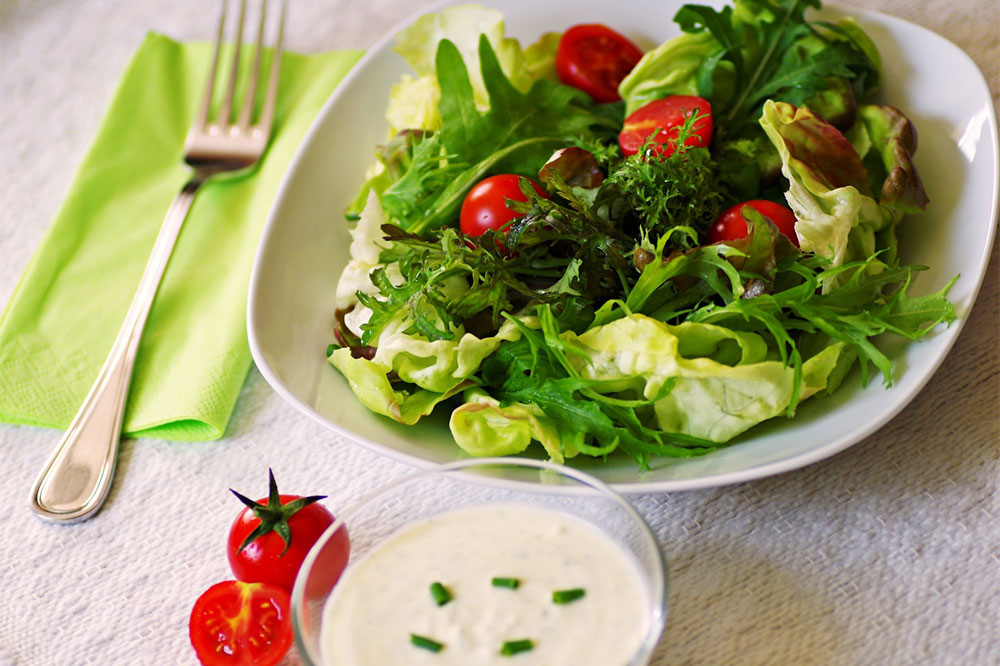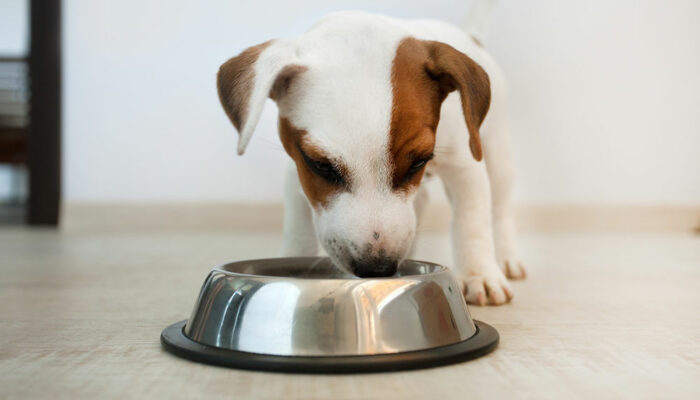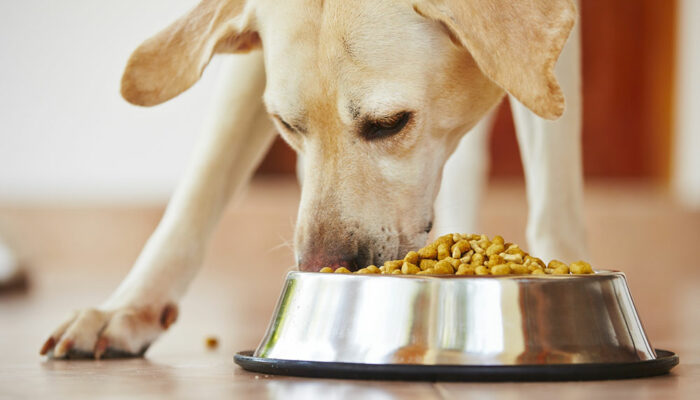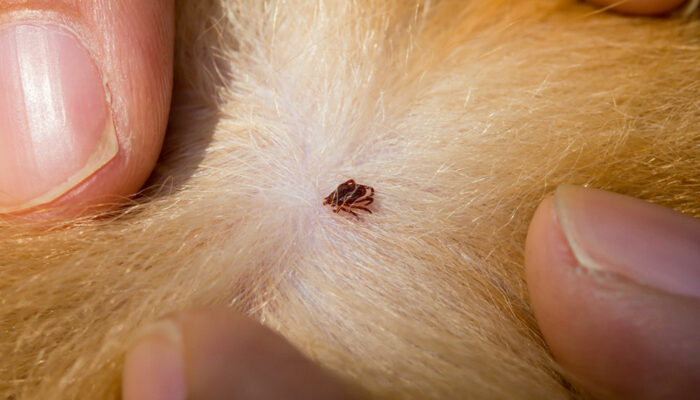
6 Important Dos and Don’ts of Going Keto
A keto diet is a high-fat and low-carb diet. It helps to prevent the body from storing fat and can help with weight management. This diet also helps in managing certain health conditions. If you are planning to follow this diet, then here are a few dos and don’ts of keto dieting for you to keep in mind.
1. Not consuming the right fats
The main focus of a keto diet is to consume low-carb foods and increase the intake of healthy fats. Hence, among the dos and don’ts of keto dieting to keep in mind is that the fats you eat should come from healthy sources such as fatty fish, nuts, seeds and avocado. Avoid processed foods.
2. Protein intake
The amount of protein you consume is also important. Too little protein and there could be an erosion of lean muscle mass. Too much protein and your body will convert it into sugar that could result in spikes in blood sugar and insulin levels in the body. This would negate the impact of being on a keto diet. Hence, in addition to keeping track of your intake of carbohydrates and fats, it is also essential to watch your protein consumption too.
3. Not drinking enough water
Ensuring that you stay sufficiently hydrated is crucial among the dos and don’ts of keto dieting. Water is necessary to burn fats and to remove toxins from the body. It also helps with the circulation of essential nutrients which help with the proper functioning of the various tissues and organs in the body. Also, it should be noted that a keto diet could cause an increase in urination which could result in a drop of electrolyte levels in the body. This could result in symptoms such as nausea or headaches. Hence, drinking enough water can help to balance or maintain electrolyte levels in the body.
4. Getting sufficient sleep
Getting enough sleep is important when following a keto diet. A lack of sleep can make your body go into stress mode which results in it storing fat. Hence, 7 to 9 hours of good quality sleep every night is necessary.
5. Consuming too much dairy
Dairy foods are most often a combination of proteins, fats and carbs. Hence, it is quite tricky to monitor the consumption of nutrients in this food source when on a keto diet. For example, a piece of cheese might be a source of fat but it also contains protein and carbs.
6. Counting calories
This is essential when on a keto diet as it is very easy to go over the limit. You should determine how many calories your body needs daily and then keep track of everything you consume. You can use a calorie-counting app to do this. This will not only make it easier but will also ensure you stay within the necessary limit.
It is essential that you discuss the dos and don’ts of keto dieting and any other diet plan that you wish to follow with your doctor. This will ensure that your body will receive all the necessary nutrients it requires for proper functioning.



